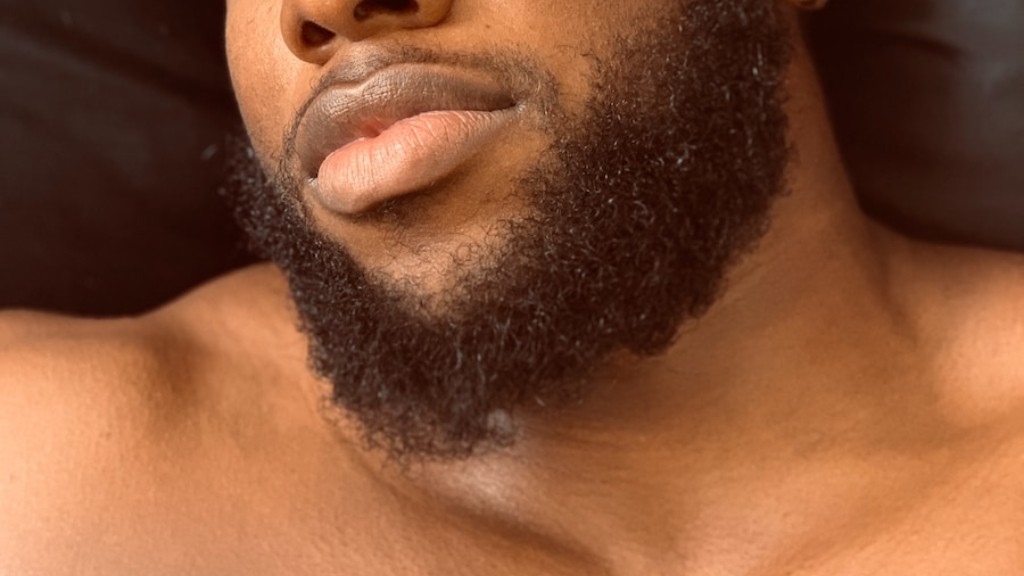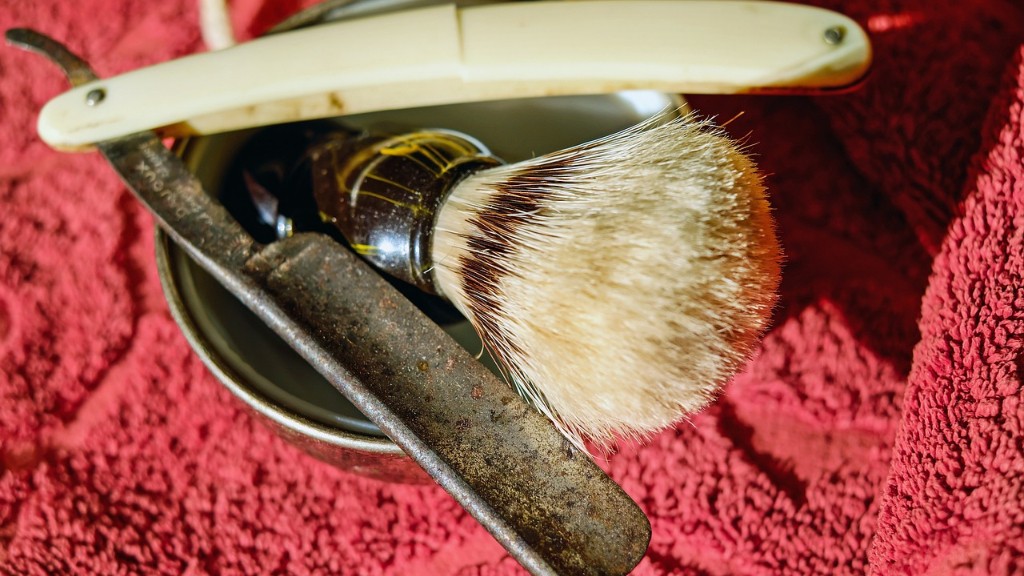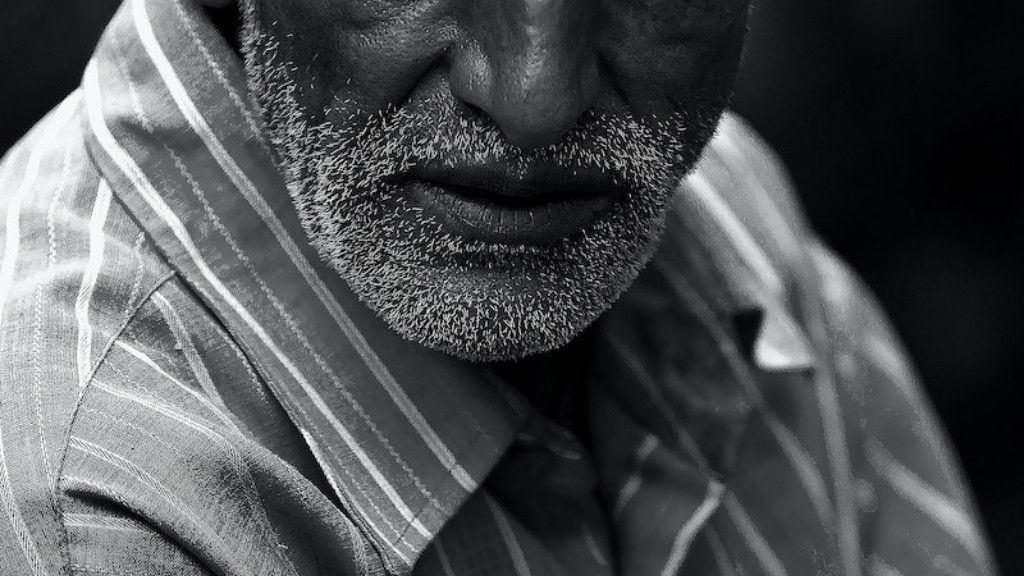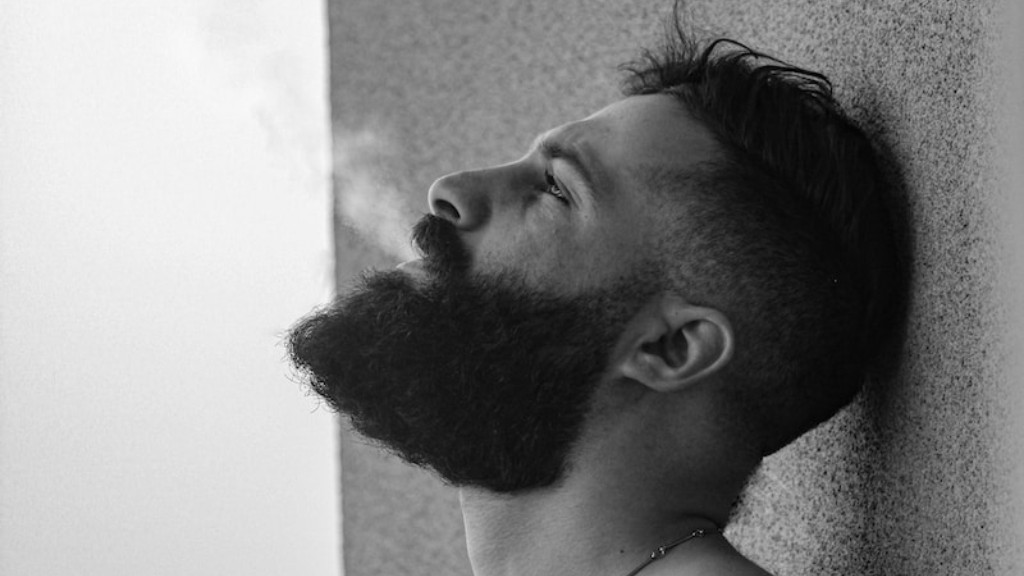Most people associate acne with the face, but the condition can also affect the growth of facial hair, including beards. Acne occurs when the hair follicles become clogged with oil and dead skin cells, which can happen for a number of reasons, including hormones, genetics, and stress. While acne doesn’t usually affect beard growth directly, the inflammation caused by the condition can make it difficult for hair to grow. In severe cases, acne can even lead to permanent hair loss. While there’s no cure for acne, there are a number of treatments that can help control the condition and minimize its effects.
There is no definitive answer to this question as everyone’s skin is different. However, it is possible that acne can affect beard growth in some people. Acne can cause inflammation and scarring, which may make it difficult for hair to grow in the affected area. If you are concerned about your beard growth, it is best to speak to a dermatologist or other skin expert.
Does acne limit beard growth?
Pimples do not affect your beard growth. If any skin is scarred deeply, it may grow less facial hair than other parts of your face. However, cystic acne can be an issue in beard growth. It tends to limit the blood supply to your facial hair follicles which may interfere in your beard growth.
If you have oily skin or suffer from acne, using a gel cleanser that contains salicylic acid or glycolic acid can help. Look for a cleanser that is labelled as “non-comedogenic” to ensure it won’t clog your pores. Groom your beard regularly, detangling it when it is wet and combing out the hairs when trimming your beard with scissors.
Does hair grow out of acne scars
Hair follicles are an important part of the skin that helps hair to grow. When a scar forms on the skin, the hair follicles are not able to grow back. This is why hair does not naturally grow in scar tissue.
Tea tree oil and salicylic acid are two amazing ingredients that can do wonders for your beard. Tea tree oil has antimicrobial and antifungal properties that can help keep your beard free from infections. Salicylic acid, on the other hand, is a keratolytic agent that can help to exfoliate the skin and stimulate beard growth.
What limits beard growth?
The anagen phase is the growth phase of the hair cycle, during which the hair follicle is actively growing. The length of the anagen phase varies from person to person, and is the primary factor in determining the maximum length of the hair. The average terminal length (the longest the hair can grow) ranges from 12 inches to 36 inches.
If you have painful or inflamed cystic acne, it’s best to skip shaving until the skin calms down a bit, or at least speak with a dermatologist first. But if you have mild to moderate acne or a breakout in one area, you can still shave. Just be sure to take extra care to avoid irritating the skin. Use a sharp razor and shave in the direction of hair growth. Rinse the area with cool water afterwards and apply a light moisturizer.
What helps beard growth?
If you’re looking to grow a beard, there are a few things you can do to promote healthy growth. Exercise and a balanced diet are important for overall health and can help your beard grow strong and healthy. Additionally, there are vitamins and supplements specifically targeted at promoting beard growth. Finally, getting enough sleep is crucial for optimal health, which in turn can help your beard grow. Wash and moisturize your beard regularly to keep it looking its best.
Argan beard oil is a great oil for hair that works to treat acne by regulating the skin’s sebum production. It is suitable for most skin types and is a great oil for hair.
Why can’t I grow a beard
Testosterone is a hormone that largely affects facial hair growth. Low levels of testosterone mean that there is a lower chance of growing a beard.
Azelaic acid and hydroxyl acids are two substances that can be used to help improve the appearance of scars. These substances can be found in some medicated creams and can help to plump up the skin, making the scars less noticeable. Sometimes, injecting collagen or other substances under the skin can also help to improve the appearance of scars.
Does shaving fade acne scars?
Dermaplaning is a great way to minimize the appearance of acne scars. It can also help to prevent new acne breakouts by keeping the skin clear and smooth.
Acne scars are usually permanent, but there are some treatments that can help to reduce their appearance. Severe acne, especially cystic acne, is the most likely to cause scarring. If you have acne scars, talk to your dermatologist about the best treatment options for you.
What can affect facial hair growth
There is no one definitive answer to this question. Genetics and hormones are the main factors that determine how quickly and fully a person’s beard will grow. However, lifestyle and habits may also affect how their beard grows. Testosterone is a hormone that affects the growth of facial hair, and its levels can vary. Therefore, it is difficult to say unequivocally what will cause a person’s beard to grow more quickly or more fully.
If you’re interested in growing a thicker, healthier beard, there are a few things you can do to help promote growth. First, be sure to eat a healthy diet and take a multivitamin daily to ensure you’re getting all the nutrients you need for overall good health. Additionally, some people find that taking supplements like biotin or fish oil can help promote hair growth. Finally, avoid over-washing or scrubbing your beard too aggressively, as this can damage the hair follicles and inhibit growth. If you follow these tips, you should see an improvement in your beard growth over time.
Does beard oil worsen acne?
Beard oils can actually promote acne in those who are already acne-prone. The oils can clog pores and cause breakouts. If you have acne, you may want to skip the beard oil.
Most men will have a full beard by their early 20s, but some may need to wait until they hit 30 to reach full beard growth. Puberty might initiate the facial hair growing process, but how fast and thick your beard grows will depend on factors that we’ll discuss below, including genetics and hormone levels.
Final Words
Yes, acne can affect beard growth. This is because the hair follicles can become blocked, preventing the hair from growing. In severe cases, the hair follicles can become damaged, causing the hair to fall out.
The jury is still out on whether or not acne can affect beard growth. However, there are many anecdotal reports of people with acne-prone skin having difficulty growing facial hair. While the exact mechanism is unclear, it is possible that the inflammation caused by acne could impact hair follicle function. If you are struggling to grow a beard, it may be worth talking to a dermatologist to see if your acne is to blame.





